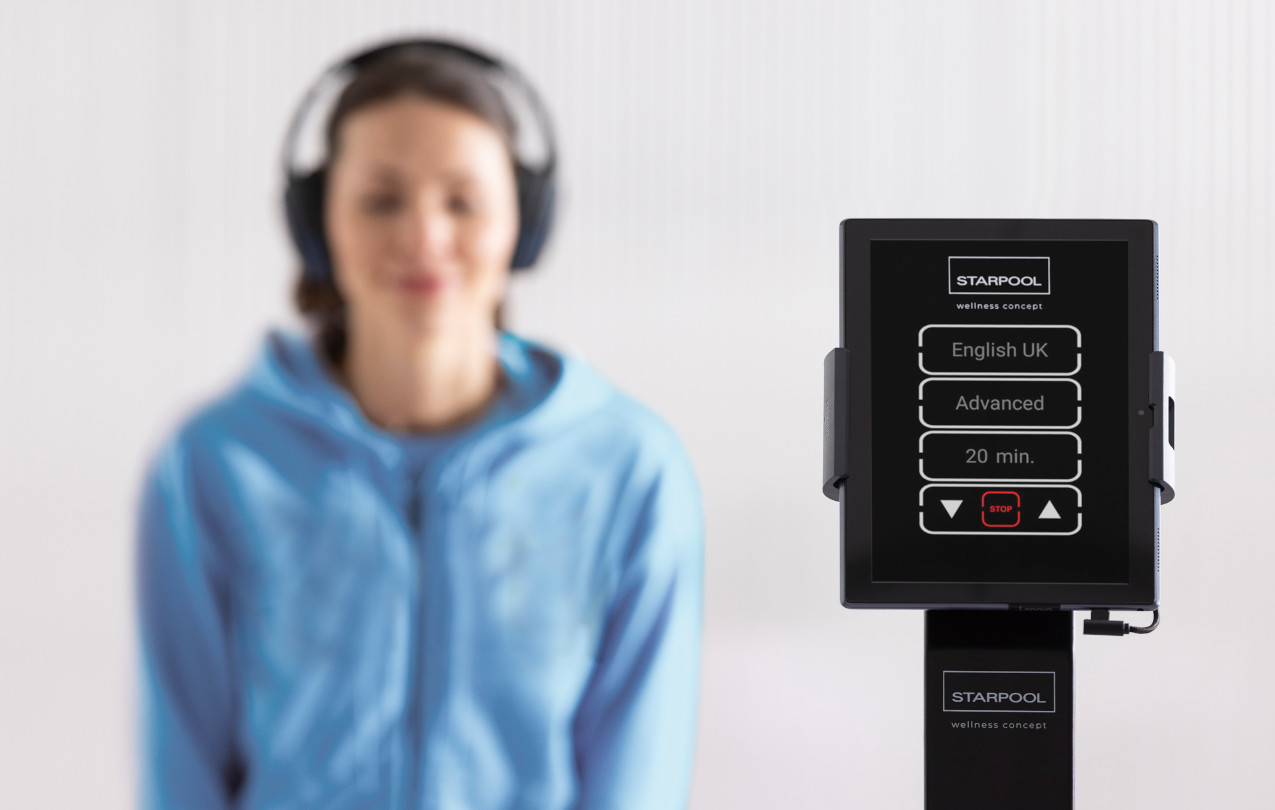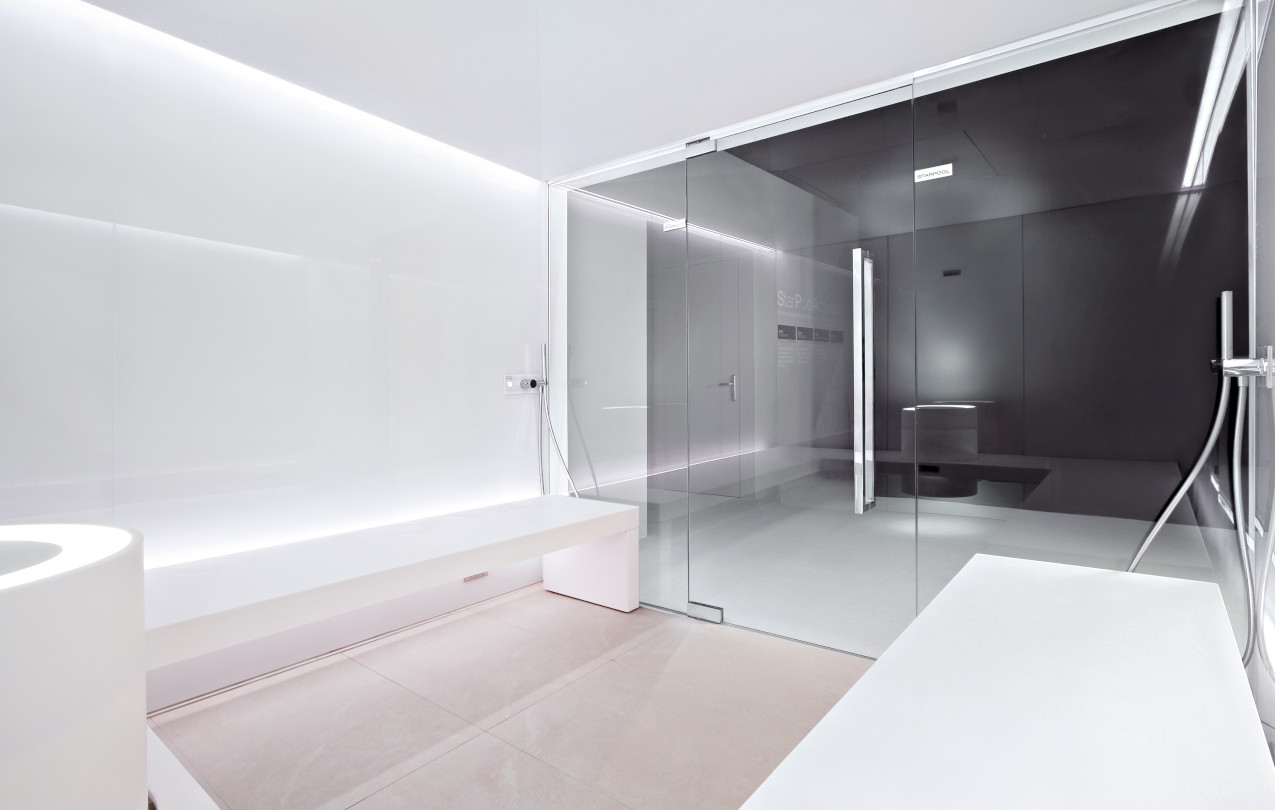The importance of breathing well
Stating that breathing is important may seem banal, something that we’re all aware of. And yet, can we say that we truly know our breathing? How do we breathe during the day? What happens to our body when we breathe? How does our breathing change, according to what’s happening to us?
Several organs are involved in breathing: we become aware of it when we have cold, for instance, and we need to breathe through our mouth because our nose is blocked. The organs involved in breathing are known as “airways”, and they direct air to our lungs. Through breathing, we provide our body with the oxygen it needs to work well and we also expel the toxic substances that we produce.
However, what prevents us from breathing well?

Poor posture
Breathing is strictly related to our posture. If we keep a hunched position during most of the day, while we sit in front of a computer or in the car, our lungs are constricted and our chest cannot expand effectively. The diaphragm, which is a muscle, ends up being “squeezed” in an unnatural space and is “forgotten”, making us breathe shallowly through our chest.

Overweight
Excess abdominal fat limits diaphragm movement, and fat around the chest prevents it from expanding when breathing. This condition makes breathing very hard, leading to strain of respiratory muscles, and a far greater expenditure of energy than necessary.

Stress
When we are stressed, we suffer from a mental, emotional and physical overload. In this condition, our breathing becomes shorter and shallower. We tend to breathe exclusively with the higher part of our chest, thus limiting oxygen supply to our body and triggering a chain reaction to the detriment of our well-being. When we are afraid or anxious, we tend to hold our breath: this causes an accumulation of carbon dioxide which, in turn, causes stress to our nervous system.
The good news is that if these three elements cause poor breathing, breathing well can, in turn, be beneficial and improve these conditions.
If we breathe well, we maintain our spine stretched and relaxed, with good functioning of the diaphragm and good chest expansion. If we breathe well, we help our body to function correctly, we learn to manage our emotions and to reduce our levels of stress.
The key to healthy breathing is to exhale slowly, which requires us to inhale in a full and “relaxed” way. So, if we breathe well, we smile more and we live better!

Brain Training
At Starpool, we have always worked to make wellness a daily achievement and have created Wellness Coach, your virtual trainer that accompanies you day by day with Mindfulness and guided breathing programs.




















